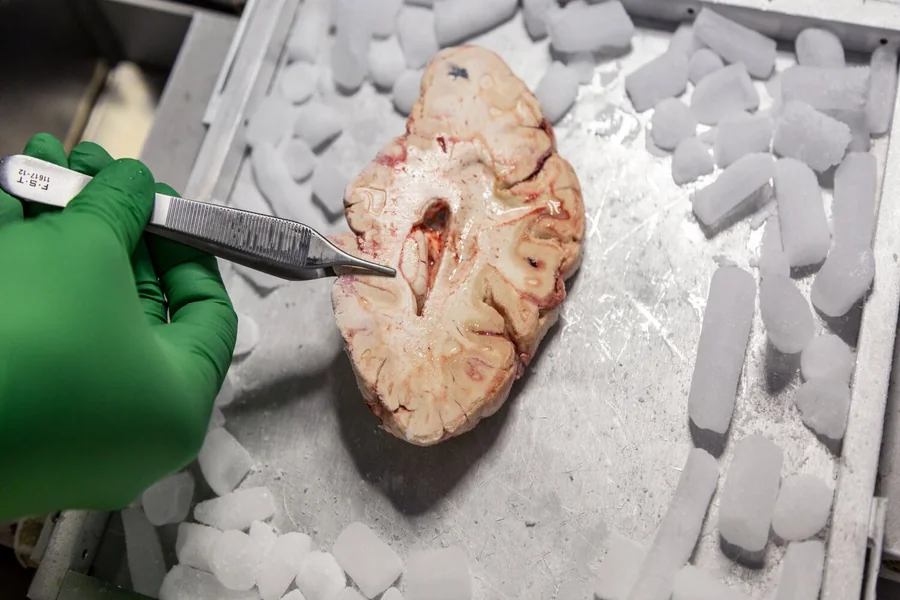Have you ever been bothered by a half-finished crossword haunting you long after breakfast, a riddle whispered at a party harassing the back of your brain till you Figure it out? There is this weird obsession with unsolved puzzles in human beings, and this fascination is not merely a peculiarity; it is built into our brains. It could be a Sudoku on the train, a puzzle on social media, or the anticipation of a game result on a site like GranaWin Spain, but our brains will not be able to resist the temptation of an unfinished task.
The Psychological attraction of the Unfinished Business.
The initial hint of our obsession with puzzles lies in psychology. Cognitive scientists have long studied the Zeigarnik effect, which explains why we tend to remember unfinished tasks more than finished ones. Your brain is storing unresolved matters, just as a dog has a favorite chew toy. That unresolved psychological anticipation drives attention, interest and, most valuable, interest.
Put that together with the brain’s innate dopamine loop, and you have a formula for uncontrollable curiosity. Dopamine is not a feel-good chemical — a feel-good molecule. It is released into your brain when it perceives a possible reward, and not necessarily when you reach the goal. That is why a sense of suspense of an unsolved puzzle can be as good as the resolution itself.
The choice of which riddle to solve first or whether to guess an answer might also cause decision fatigue, even in decisions that are small and everyday. However, it is ironic that the same fatigue is also what makes the puzzle more appetizing: your brain needs the intellectual enrichment of activity to compensate for the stress.
Brain Science of Inquisitiveness and Rewards.
A look inside the brain entails only how biologically underwired this puzzle obsession is. The prefrontal cortex, which is involved in planning and complex thinking, becomes active when we expect solutions. At the same time, the central hub of the reward circuitry, the nucleus accumbent, discharges with every suggestion or minor success, strengthening the behaviour. Even the memory center of the hippocampus becomes involved as it identifies patterns and connects clues.
Evolutionarily, it is completely logical. Naturally inquisitive, persevering, and problem-solving, early humans had an advantage in that they could find food, work out the intricate hierarchies of the social order, and keep themselves safe. The same interest today appears only with significantly less life-or-death stakes: a Sudoku puzzle, an application game, or the tactical calculations in online games such as GranaWin Spain. The stakes are also lower, yet the excitement of anticipation — and the unpredictable prizes — are the same.
Online Baffles and Behavioural Interaction.
Puzzles that cannot be solved are no longer limited to games on pieces of paper and wood. The digital era has heightened the brain’s love of challenge. Apps and platforms, such as games that combine casino-style settings, capitalize on the innate urge toward cognitive biases and immediate gratification. Imagine it was gamified curiosity: small successes, unexpected prizes, and increasing levels of difficulty will ensure users stay engaged.
The behavioural patterns are very similar, even though you may not be spinning reels and betting money. The rewards that only come now and then, the possibility of exercising your luck or tactics, and the digital feedback loops are similar to the same neural mechanisms that make puzzles difficult to resist. Games such as GranaWin Spain unobtrusively use such mechanisms, with organised challenges that attract attention and encourage persistence. With assurances of casino safe payments, the user can enjoy peace of mind.
In addition to gambling-related surroundings, this trend is ubiquitous in online interactions. The same psychological and neurological principles are applied in social media quizzes, brain-training applications, and competitive online games.
Emotional and Cognitive Effect.
So, what is the significance of this other than fun? The difficulty in explaining how the brain responds to unsolved puzzles can provide insight into the general rules of behavioural economics. The drive for frustration and gratification, coupled with decision fatigue and reward anticipation, determines how we present ourselves to digital content and entertainment platforms and how we make our day-to-day choices.
There is also indirect gameplay between challenge and stress. An online game or a well-calculated puzzle is a stimulus that is neither overwhelming nor boring. A sense of control and accomplishment, even in the smallest of moments, strengthens determination and belief. This is why, more than any other type of gamer, brain teaser players are naturally attracted to settings that offer evaluated challenges; for example, in strategic games in GranaWin Spain, where intelligent stimulation is equated with controlled risk.




